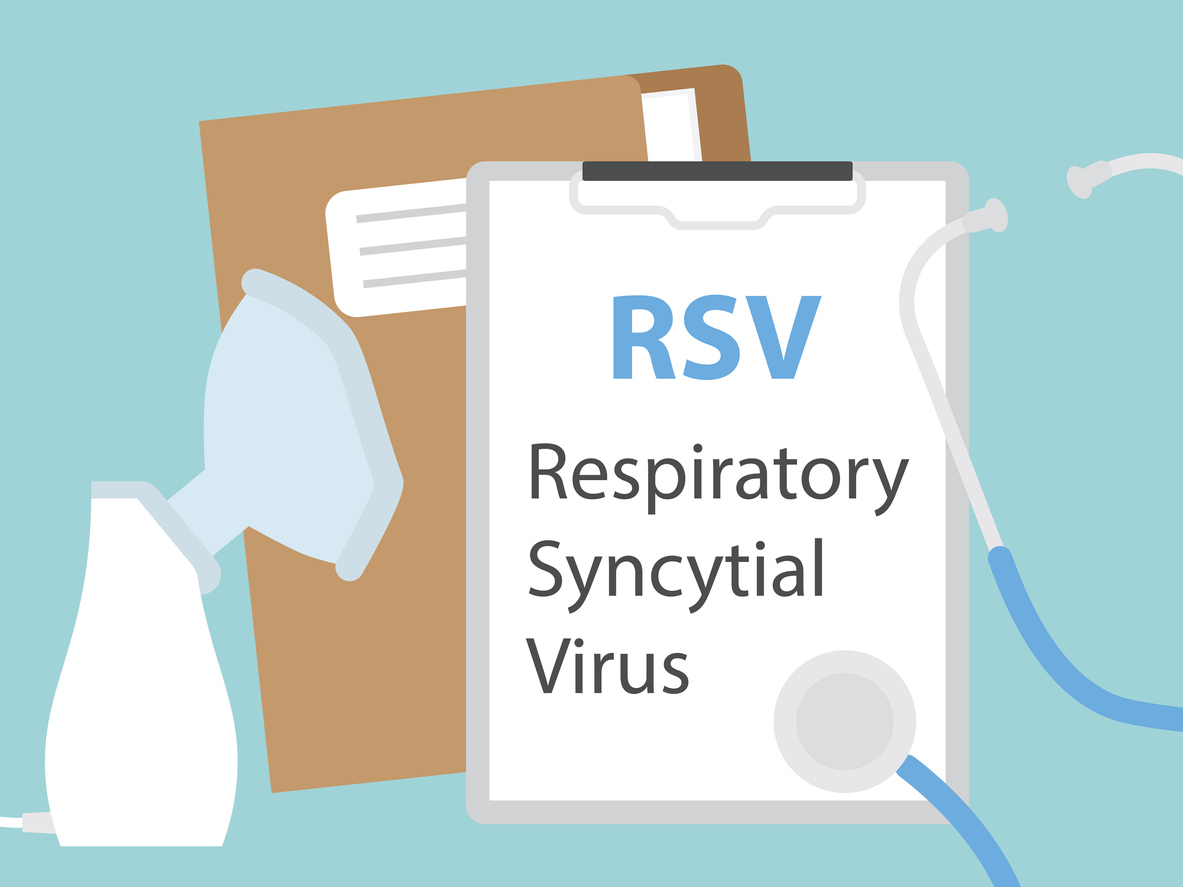RSV: A Comprehensive Guide
Respiratory Syncytial Virus (RSV) is a common respiratory infection that can affect people of all ages, but it is particularly dangerous for infants and older adults. In this blog post, we’ll delve into what RSV is, its symptoms, and most importantly, how you can protect yourself and your loved ones.
What is RSV?
RSV is a virus that primarily affects the respiratory system, causing symptoms similar to those of the common cold. However, in certain populations, such as infants and elderly individuals, RSV can lead to more severe respiratory illnesses like bronchiolitis and pneumonia. The virus is highly contagious and spreads through respiratory droplets when an infected person coughs or sneezes.
Recognizing Symptoms
Individuals infected with RSV usually show symptoms within 4 to 6 days after infection. Common symptoms include:
- Coughing
- Runny nose
- Decrease in appetite
- Fever
- Wheezing
Symptoms often don’t appear all at once but rather in stages. In the case of very young infants, the symptoms may only be irritability, decreased activity, and breathing difficulties.
RSV in High-Risk Patients
While for most people, RSV is a mild two-week illness, there are high-risk populations for whom the illness poses a serious threat. Two groups are at risk for developing severe symptoms and or complications from RSV:
Infants/Young Children
- Each year, about 58,000-80,000 children under 5 are hospitalized due to RSV according to the CDC.
- Heightened risk: premature infants, 6 months and younger, children with weakened immune systems, neuromuscular disorders or weakened lungs and heart.
- To help prevent against complications and risk, it is highly recommended that children be vaccinated.
Older Adults
- Each year, about 60,000-160,000 older adults are hospitalized due to RSV according to the CDC. About 6,000-10,000 die.
- Heightened risk: adults with chronic heart or lung disease, weakened immune systems, underlying medical conditions, and adults living in nursing homes or long-term care facilities due to increased exposure risk.
- Similarly to infants, the best prevention is to get vaccinated
RSV Prevention
While getting the vaccine is the best preventive measure, here are some everyday things you can do to protect yourself and those around you:
- Stay home when you’re sick! Rest don’t spread.
- Regular Handwashing (at least 20 seconds).
- Cover your mouth with a tissue or your shirt sleeve whenever you cough or sneeze.
- Avoid close contact with others when possible.
- Be mindful of touching your face (especially eyes and nose) with unwashed hands.
Steps to Relieve Symptoms
It not routinely recommended to use antiviral medication to fight the infection. Most infections go away on their own after about a week or two.
Here are some steps you can take to alleviate symptoms:
- Fever and Pain Management
- Ibuprofen and acetaminophen will be your best friends (monitor your intake). Over-the-counter fever reduces and pain relivers can make the infection a lot easier to deal with.
- Hydrate
- Drink plenty of fluids. Dehydration can cause a whole list of new problems so it’s best to give your body everything it needs to help it fight off the infection.
- Consult Healthcare Professional
- Before you race to take or give cold medicine, please contact your health provider.
- This is especially important when dealing with high-risk patients such as the elderly or infants who may have adverse reactions to certain medicine ingredients.
Conclusion
Understanding RSV and taking proactive measures to protect yourself and your loved ones is crucial. By practicing good hygiene, staying informed, and being prepared, you can reduce the risk of contracting and spreading this respiratory virus. Stay vigilant, stay healthy!
For more information on illnesses like RSV and general health information, please visit our blog.

